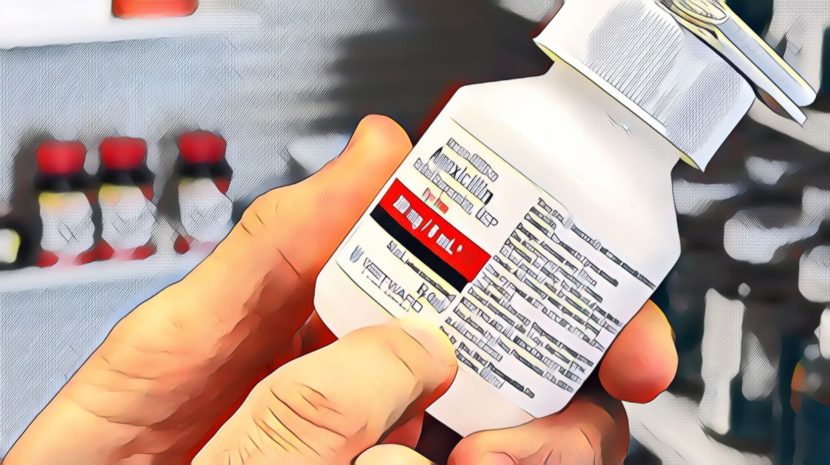Your intestines are an actual environment where things live.
Namely, these living things are bacteria. Bacteria are occasionally harmful, but they’re often helpful. Antibiotics don’t discriminate between the harmful and helpful. They knock out both.
This causes problems, from diarrhea to sleep.
Antibiotics affect metabolites, namely short-chain fatty acids. Metabolites are necessary for certain metabolic processes that help the gut work well.
Antibiotics can also affect the central nervous system changing neurotransmitters involved in sleep-wake cycles.
The lesson here isn’t to never use antibiotics. Sometimes the benefits outweigh the negatives. You only want to take them when you need them.
There’s a simple rule to follow: If your healthcare provider tells you she or he thinks your illness was caused by a virus rather than a bacteria, don’t take an antibiotic. Antibiotics don’t work against viruses.
Help yourself sleep when taking antibiotics
When it makes sense to take an antibiotic, there are three ways to help yourself.
- Take a probiotic: This could help restore a healthy balance in your gut. Strains like Bifidobacterium animalis, found in dairy products like yogurt, seem helpful.
- Eat prebiotic foods: These help beneficial bacteria by supporting growth and diversity. Some of the most common prebiotic foods are made with whole grains. There’s also garlic, apples, onions, and salad greens—pretty much anything that’s high in fiber.
- No unnecessary antibiotics: if you don’t need to take them, don’t. Talk about your concerns with your doctor.
People often expect something when they go to a doctor
For all their knowledge and degrees, practitioners are people. Some adopt the idea that people expect something when they see them. Some people do, definitely. They won’t be satisfied with paying for anything but advice. These practitioners see patients as customers and know that as customers they’ll be disappointed if they come away from the visit empty-handed. For these practitioners, telling the patient that they have a virus and that there’s not a pill that’s appropriate in their case isn’t something they see as the right answer. They worry that the patient will take it out on them in online reviews, not pay their bill, or something like that.
The patient is looking to get better fast. Even though the rate at which the patient gets better won’t be affected by the antibiotic prescription (if the antibiotic is unneeded) doesn’t matter. By taking the antibiotic, the patient feels like they’re doing something.
There are a lot of problems with this very human attitude. It’s been implicated in antibiotic resistance.
Make sure your healthcare provider knows that you don’t want to take any pills you don’t need.
If you do have to take one, be sure to eat more fiber and have some fermented foods, like yogurt.
Also on the blog:
James Cobb RN, MSN is the founder of the Dream Recovery System, a top Internet sleep blog dedicated to helping readers sleep better and remember and use their dreams to improve their life.
We use some affiliate links. If you click on one of these links and make a purchase we may receive a commission. This arrangement doesn’t affect our opinions about anything.
